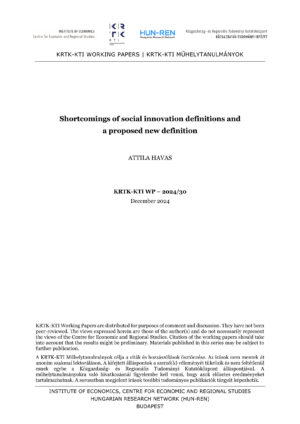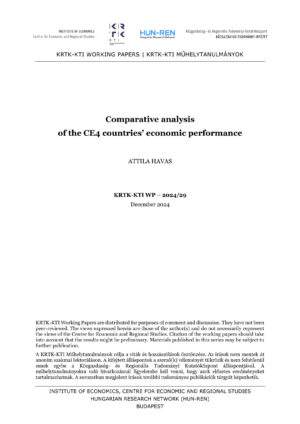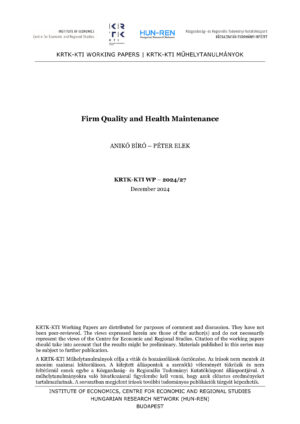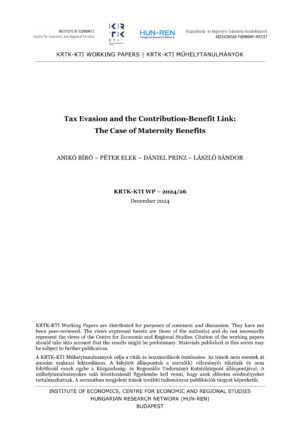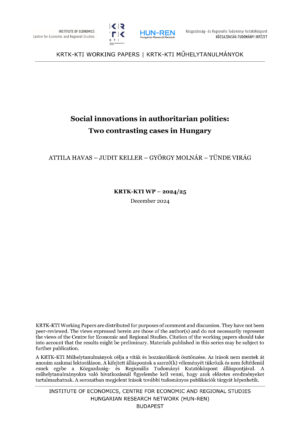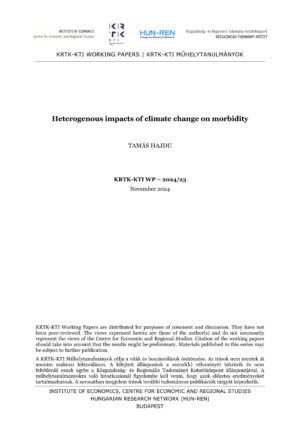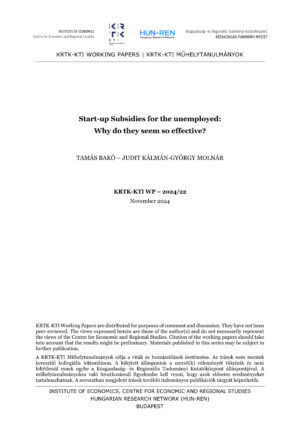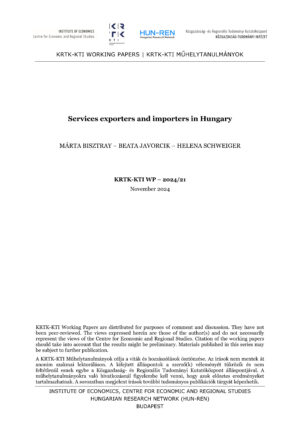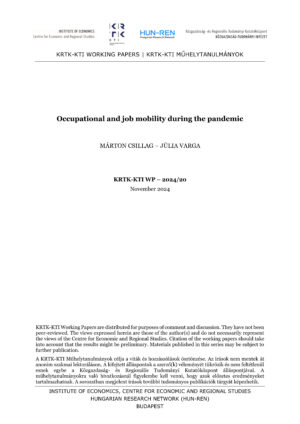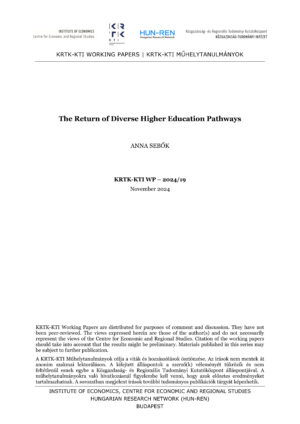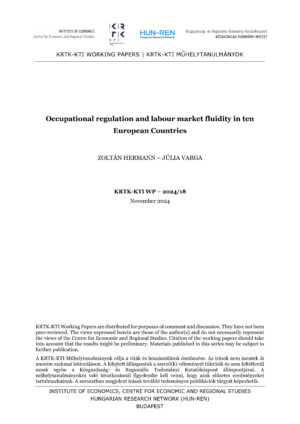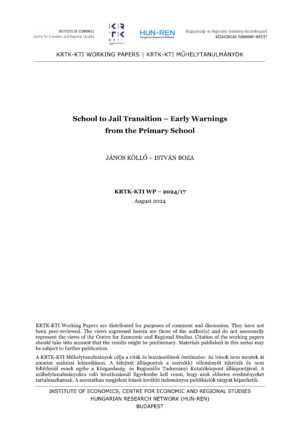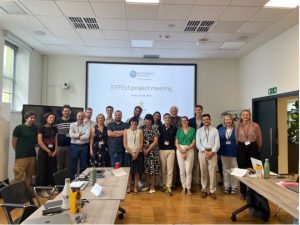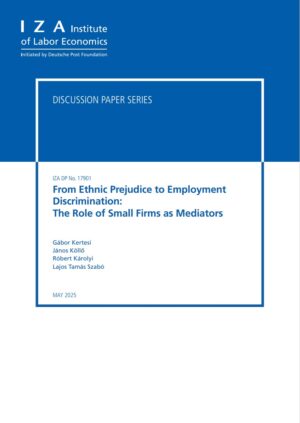Social innovation (SI) research still struggles with problems of definition (Edwards-Schachter and Wallace 2017) and lacks a shared analytical framework and measurement methods. This lack of coherence is reflected in two bold, diametrically opposing views on SI research. „SI is an eclectic area, since differences still prevail also within the same research communities, revealing some intra-group fragmentation.” (van der Have and Rubalcaba 2016: 1932) In contrast, other authors propose that SI can – and should – be the main building block of a new, comprehensive innovation paradigm. (Howaldt 2019) The sheer number of SI definitions tends to confirm the former view: 252 definitions are identified in Edwards-Schachter and Wallace (2017). This paper argues that despite this plethora of SI definitions there is a need for a new SI definition for two major reasons. First, most of the extant definitions suffer from conceptual flaws: (i) the purpose and the nature of innovation is conflated; (ii) diffusion of SI is ‘required’; (iii) positive impacts of SI is stipulated in most SI definitions; (iv) the unit of analysis is also part of these definitions. Second, SI definitions seek to capture the essential features of SI. However, there are as many types of ‘essence’ as angles to analyse SI purposes, processes, and impacts. The abundance of SI definitions forcefully illustrates that it is impossible to construct a generic and essentialist SI definition. Therefore, the paper proposes a generic and nominal (non-essentialist) definition.
